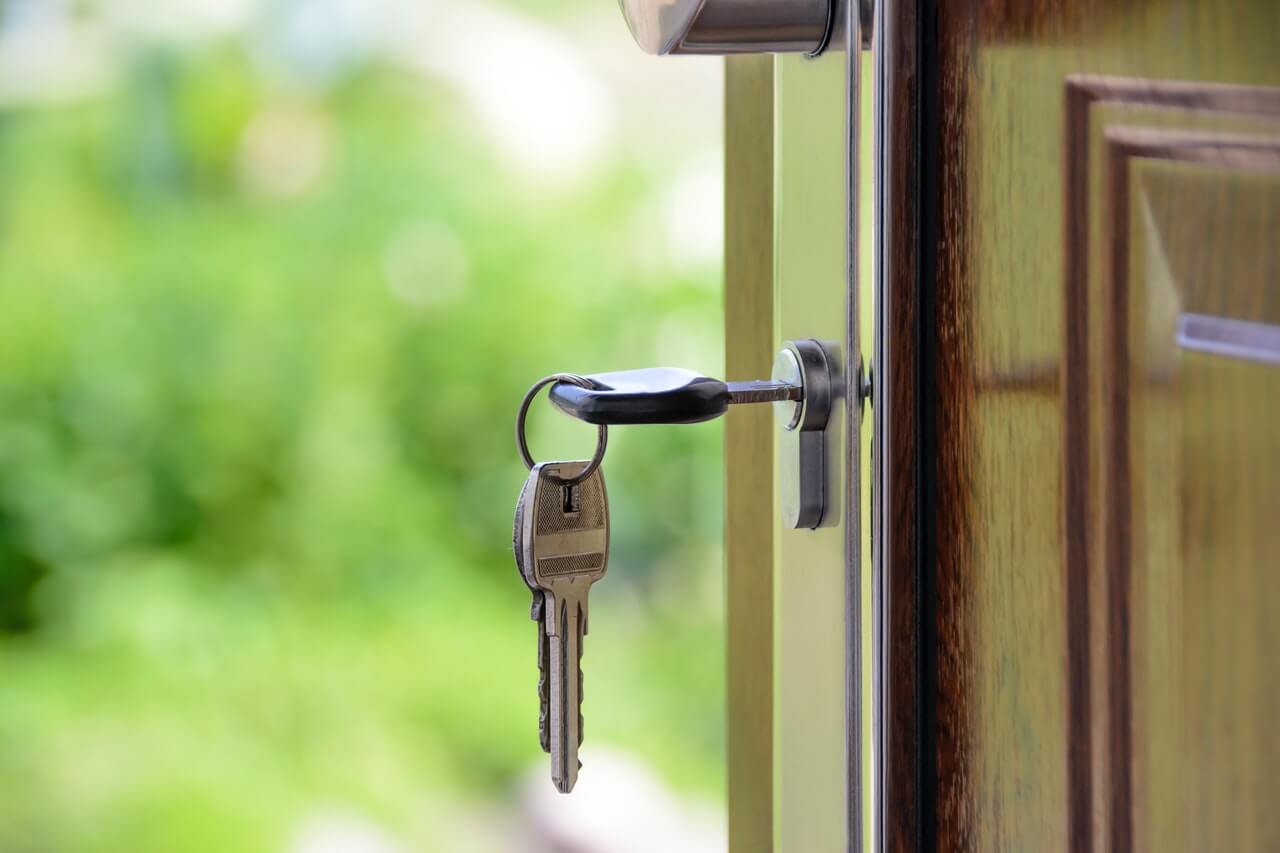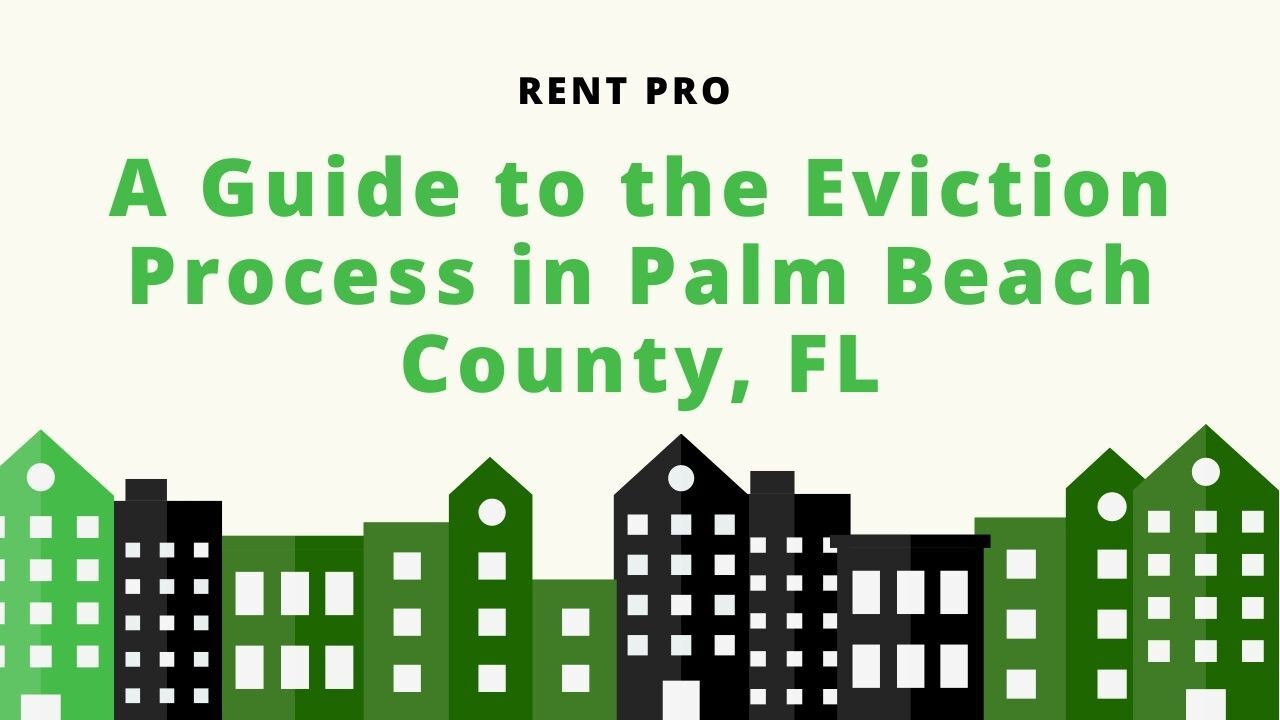Florida Security Deposit Laws

New Paragraph

Lastly, you may be able to post a surety bond for the amount of the security deposit or $50,000--whichever is less. You must post the surety bond in the United States of America. Additionally, you have to pay your tenant an annual interest of 5% on the bond.
Written Notice After Receipt of Deposit
In Florida, landlords are required to notify their tenants after receiving their security deposit. The notice must be done in writing and should not be written more than 30 days after the deposit is received.
In the notice, there’s certain pieces of important information you must include. These pieces of important information include the banking institution holding the deposit, how the deposit is being held, and the interest it’s accruing if it’s held in an interest-bearing account.
The delivery of the notice must be done in either of two ways: by mail or in person.
Reasons to Keep a Tenant’s Security Deposit
You may be able to keep your tenant’s security deposit for many reasons. Common reasons are as follows.
- To cover unpaid rent. If a tenant stops paying rent or moves out without clearing their rent, you may be able to cut your losses by making deductions to their security deposit.
- Unpaid utility bills. Tenants must clear their utility bills before moving out. If they don’t, you can make appropriate deductions to their deposit.

- Excessive property damage. You can hold your tenant liable for all damages exceeding normal wear and tear. Examples of these include broken or missing blinds, broken appliances, and large holes in the walls.
Walk-Through Inspections in Florida
The purpose of a final walk-through inspection is to document the property’s condition relative to the move-in state. It gives the tenant an opportunity to fix any damage exceeding normal wear and tear before a landlord can use their deposit for the fixes.
In some states, tenants have rights to walk-through inspections, but Florida isn’t one of those states. You have no legal obligation to have a walk-through inspection before the tenant moves out.
Returning a Tenant’s Security Deposit
If you’re not making any deductions to the deposit, you must return it to the tenant within 15 days after the leasing term ends. This should include any interest accrued on the deposit.
If you make deductions, be sure to let your tenant know of your intentions 30 days before the termination of the lease. If you fail to do this, you forfeit your right to withhold any portion of your tenant’s deposit.
In the notice, you must include certain important information. This includes stating the reasons for withholding their deposit and informing them that they have 15 days from receipt of the notice to dispute it. You also have to add that if they are to make any dispute, it must be in writing.
If the tenant doesn’t make any objections, you must return the remaining portion of the security deposit to the tenant within 30 days. However, if the tenant raises any objections, you can consider going to court. The court will determine who is entitled to what.

If you fail to return the security deposit, you may become liable for your tenant’s costs of legal fees!
Sale of Rental Property
So, what would happen in the event that the property changes hands in the course of a tenancy?
In Florida, you must transfer all security deposits (and any accrued interest) to the new buyer. You must also create a written receipt showing the amount transferred.
Once this is done, the outgoing landlord will be relieved of any obligation relating to storing the tenant’s security deposit.
Last Month’s Rent
Can your tenant use their security deposit as last month’s rent? Yes and no. Does your lease contain a written agreement stating that your tenant can do so? If it does, then, yes, your tenant can use their deposit as last month’s rent.
But, usually, the answer is no. This is because the security deposit serves a different purpose than the rent.
Bottom Line
When renting out your property, it’s good to be familiar with your state’s laws on security deposits, but it’s not always easy to understand. Consider reaching out to the team at Rent Pro!
As an independent, Florida based property management company, we have over 40 years of combined property management experience in the South Florida market. Specializing in managing rentals in Palm Beach County, Broward County, Miami Dade and the surrounding areas, get in touch with us today and let us help your rental property reach its full potential!
Disclaimer: This blog should not be used as a substitute for legal advice from a licensed attorney. Laws frequently change, and this post might not be updated at the time of your reading. Please contact us for any questions you have in regards to this content or any other aspect of your property management needs.
Share this post










